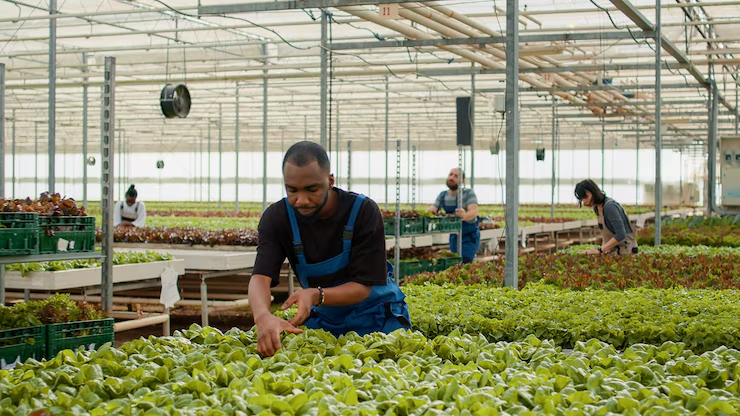Urban farming in Johannesburg has rapidly become a powerful movement transforming the city’s food landscape, creating new opportunities for food security, economic empowerment, and environmental sustainability. As one of South Africa’s largest and most vibrant urban centers, Johannesburg faces challenges like rapid population growth, food deserts, and unemployment. Urban agriculture offers innovative solutions that are already yielding impressive success stories across the city.
At its core, urban farming in Johannesburg involves cultivating fruits, vegetables, herbs, and even raising small livestock within city limits—on rooftops, vacant lots, backyards, and community gardens. This approach brings fresh, nutritious produce closer to consumers while reducing the carbon footprint associated with long-distance food transport.
One key factor driving success is strong community engagement. Many urban farms operate as cooperatives or nonprofit projects, providing local residents with skills training, employment, and a sense of ownership. Initiatives like the Johannesburg Urban Food Market and organizations such as Food & Trees for Africa support these growers with resources, education, and market access.
Innovative farming methods are also crucial. Given limited space and sometimes poor soil quality, many Johannesburg urban farmers use container gardening, hydroponics, and vertical farming techniques. These technologies maximize yields while conserving water—an essential consideration in a city prone to droughts.
Economic impact is significant. Small-scale urban farms create income opportunities for vulnerable groups, especially women and youth. By selling fresh produce directly to local consumers or through markets, urban farmers keep money circulating within communities and reduce reliance on imported foods.
Additionally, urban farming improves food security in underprivileged neighborhoods. Access to affordable, locally grown produce helps combat malnutrition and diet-related diseases common in many urban areas. Schools and community centers with gardens educate children about nutrition and environmental stewardship, fostering healthier lifestyles from a young age.
Challenges remain, such as land tenure issues, water scarcity, and the need for supportive policies. However, local government initiatives are increasingly recognizing urban agriculture’s value. Johannesburg’s City Parks and Johannesburg Development Agency have launched programs to allocate public land for farming and support urban growers.
Environmental benefits include reduced urban heat islands, increased green cover, and improved air quality. Urban farms also promote waste recycling by composting organic matter, contributing to circular economy practices.
In summary, urban farming success in Johannesburg is a testament to the power of grassroots innovation, community collaboration, and sustainable practices. As more residents embrace growing their own food in the city, Johannesburg is becoming a model for other African cities seeking to address food security and urban resilience through agriculture.
Join 'Farmers Mag' WhatsApp Channel
Get the latest Farming news and tips delivered straight to your WhatsApp
CLICK HERE TO JOIN






